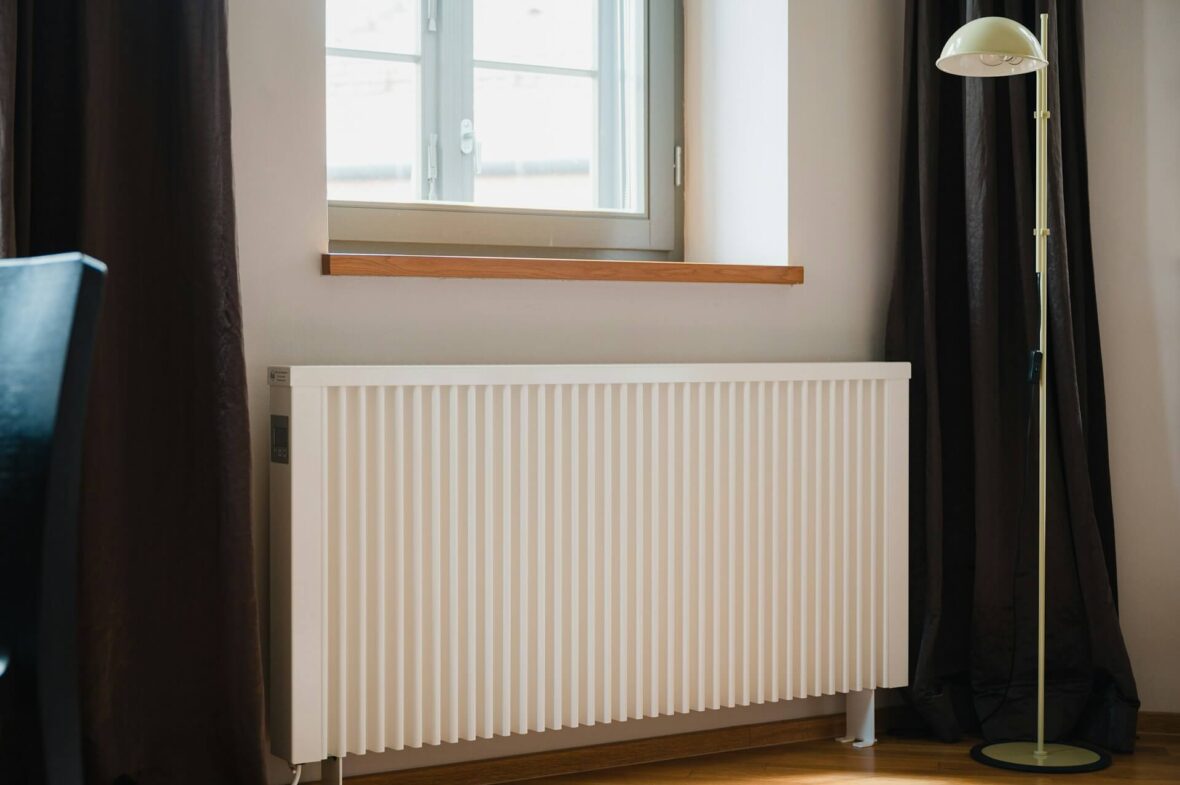In today’s world, where the emphasis on reducing our carbon footprint is more pronounced than ever, homeowners and eco-conscious individuals are constantly seeking ways to make their living spaces more energy-efficient. Not only does this endeavor support the planet, but it also significantly reduces household expenses. Managing your home’s heating and cooling costs effectively is a crucial aspect of this mission. Here are practical and effective energy-saving tips that promise to keep your home comfortable while keeping your bills in check.
1. Invest in a Smart Thermostat
One of the most impactful changes you can make is upgrading to a smart thermostat. These devices automatically adjust your home’s temperature based on your habits and preferences, ensuring energy isn’t wasted heating or cooling an empty house. With features like remote control via smartphone apps, you can always come home to a perfectly comfortable environment without leaving the heater or air conditioner running all day.
2. Seal Up Leaks
Your heating and cooling efforts could be going straight out the window literally. Drafty windows and doors are common culprits for energy loss. Use weatherstripping or caulk to seal up leaks and ensure your precious warm or cool air stays inside where it belongs. This simple fix can markedly reduce your energy consumption.
3. Enhance Your Insulation
Proper insulation is like wrapping your home in a thermal blanket. It helps maintain your desired temperature by keeping the cold out during winter and the heat out during summer. Check your attic, walls, and floors for adequate insulation. Upgrading or adding insulation where needed can dramatically reduce the need for artificial heating and cooling.
4. Use Ceiling Fans to Your Advantage
Ceiling fans can be used year-round to enhance your home’s comfort and energy efficiency. In the summer, ceiling fans should rotate counterclockwise to create a cool breeze. During winter, switch the rotation to clockwise to circulate warm air that rises to the ceiling back down into the living space. This simple adjustment allows you to adjust your thermostat and reduce energy usage.
5. Adopt Energy-Efficient Windows
If you’re undertaking home renovations or building anew, consider investing in energy-efficient windows. These windows are designed to prevent heat from escaping during winter and keep your home cool during summer by reflecting certain wavelengths of light. They can be a game-changer in your energy-saving efforts.
6. Regular Maintenance of Heating and Cooling Systems
An inefficient HVAC system can be a major energy drain. Regular maintenance ensures your system runs as efficiently as possible. Replace filters regularly, clean vents, and schedule annual check-ups with a professional to prevent costly inefficiencies.
7. Utilize Natural Ventilation
Whenever possible, use natural ventilation to cool your home. Opening windows in the early morning and late evening can allow cooler air to circulate through your house, reducing your reliance on air conditioning. This is especially effective in climates where temperatures drop significantly at night.
8. Install Energy-Efficient Lighting
While not directly related to heating and cooling, the type of lighting you use can affect your home’s overall energy consumption and temperature. Incandescent bulbs, for instance, release 90% of their energy as heat. Switching to LED or CFL bulbs reduces the heat output and the energy used, allowing you to light your home more efficiently.
9. Landscaping for Energy Savings
Strategically placed trees and shrubs can provide shade and act as natural windbreakers for your home. In the summer, shade from landscaping can significantly reduce the heat entering your home, and in the winter, trees can provide a barrier against cold winds.
10. Consider Upgrading Old Systems
If your heating and cooling systems are outdated, they might be working harder than necessary to maintain comfortable temperatures. Upgrading to modern, energy-efficient systems can have a significant upfront cost but often pays for itself through reduced energy bills over time.
Conclusion
With a few practical tips, you can minimize your carbon footprint and make a significant impact on your energy bills. One simple way to do this is by investing in Broan-NuTone products. They offer a range of energy-efficient solutions designed to keep your home comfortable while reducing your energy usage. Additionally, you can try implementing one or two changes at a time, such as adjusting your thermostat or sealing air leaks. Over time, you can add more strategies to see even greater savings. It’s a win-win situation for both your finances and the planet.
Every small adjustment plays a part in a bigger impact. By efficiently managing your home’s heating and cooling expenses, you not only enhance your living environment but also support a sustainable future.






